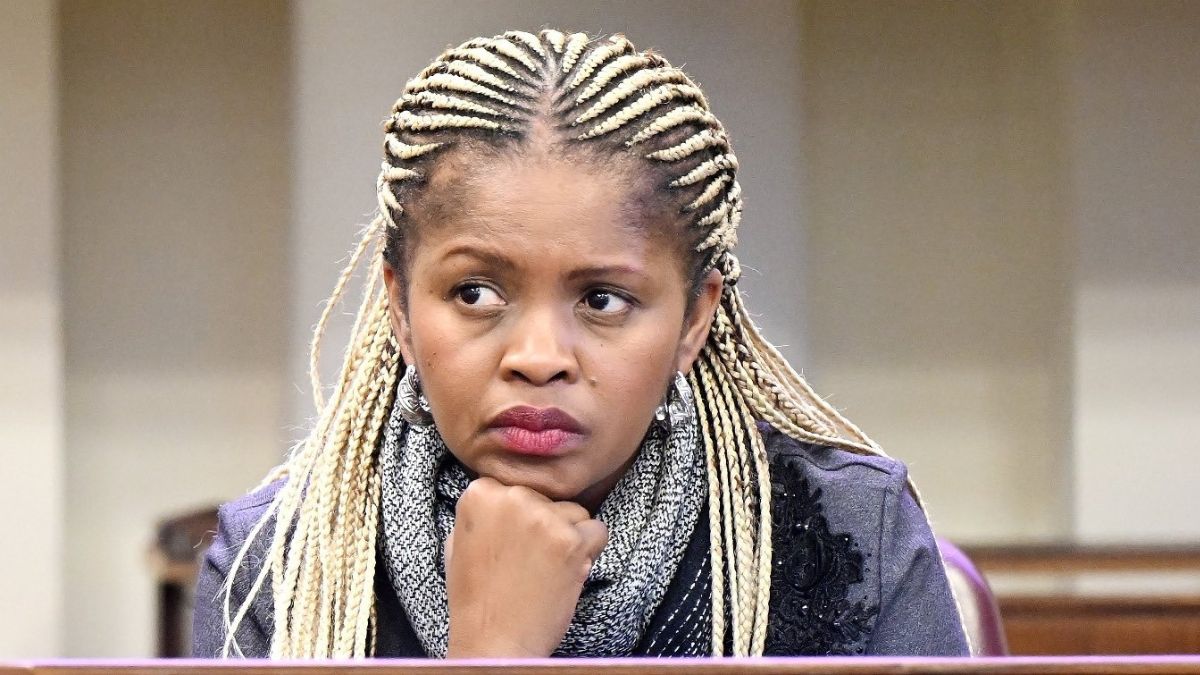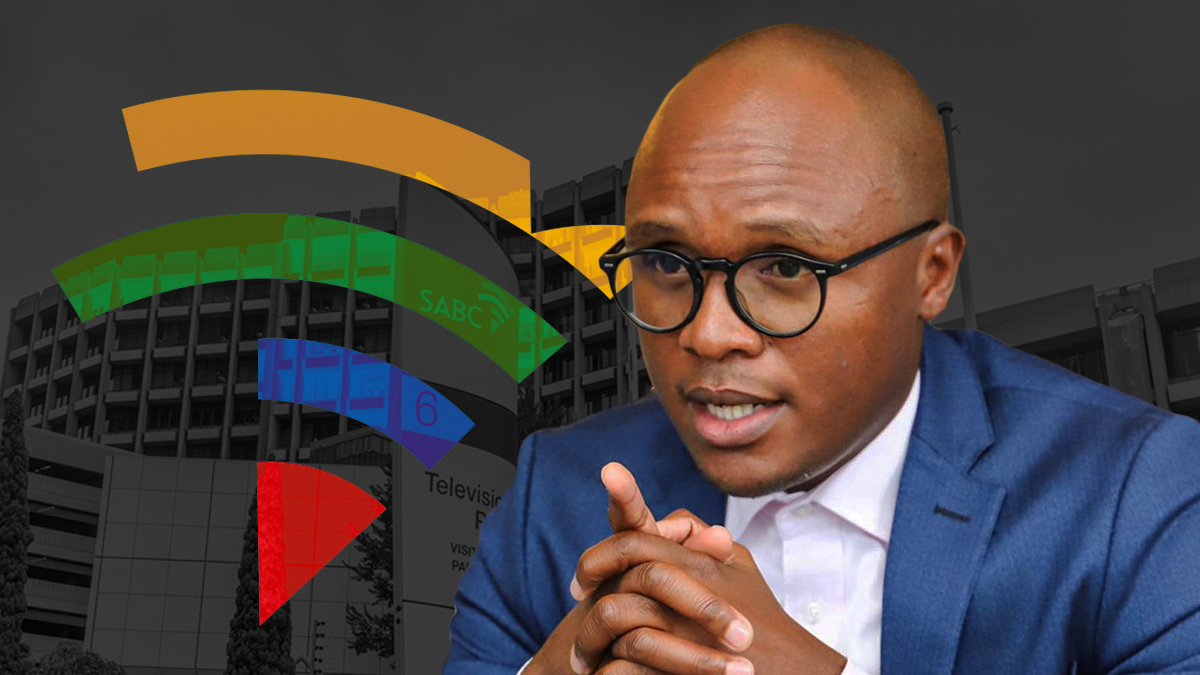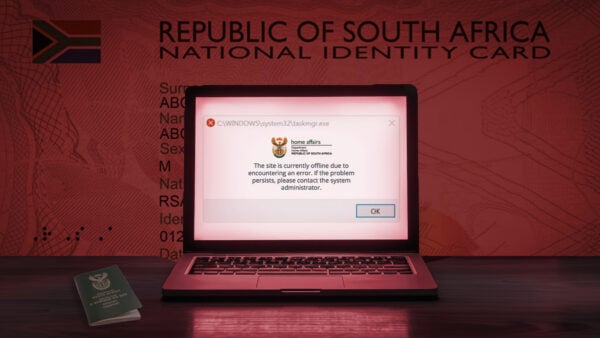Huge fight to fix TV Licence failure in South Africa

Parliament’s Portfolio Committee on Communications and Digital Technologies will continue to process the SABC Bill, which it aims to finalise by June this year.
This is according to the portfolio’s chairperson, Khusela Diko, who said during a media briefing on Thursday that the Broadcasting Act desperately needs reform given that it was last amended a decade ago.
“While we have noted the Minister’s opposition to two sections of the almost 30-section Bill, the committee will proceed to process the Bill unless information is received indicating that the Minister has received the requisite authority to withdraw it,” Diko said.
“We continue to believe that the issues raised by the Minister are not insurmountable and that they may be resolved during the amendment process by the committee.”
The bill, introduced to Parliament in October 2023, is intended to repeal the outdated Broadcasting Act of 1999, which regulates the South African Broadcasting Corporation (SABC).
However, at the beginning of November 2024, Communications Minister Solly Malatsi attempted to withdraw the bill after he deemed it “insufficient” to aid the deteriorating state broadcaster.
Malatsi has been struggling to get the withdrawal gazetted by the Speaker of the National Assembly, Thoko Didiza.
Diko said the committee had reached out to President Cyril Ramaphosa’s executive for clarity on whether Malatsi was still allowed to withdraw the bill.
After Malatsi withdrew the bill, cabinet ministers were stripped of their power to withdraw bills without first getting approval from Deputy President Paul Mashatile and President Cyril Ramaphosa.
Mashatile wrote to National Assembly speaker Thoko Didiza, informing her that the decision was made during a cabinet meeting on 22 November 2024.
Mashatile’s spokesperson, Keith Khoza, said it is prudent that the cabinet and the president are involved in decisions to withdraw legislation when they are involved in its approval.
There seems to be confusion over whether the decision can be applied retroactively.

Despite the resistance, Malatsi’s spokesperson, Kwena Moloto, recently told MyBroadband that the Minister remains steadfast in his position and will explore legal avenues to reinforce the decision to withdraw the bill.
“Any legal recourse, should it be required, would be aimed at ensuring adherence to parliamentary rules,” Moloto said.
While his decision attracted scrutiny in Parliament, industry players agreed with his stance that it served the immediate economic interest of the SABC.
These included several broadcasting experts, former SABC executives, and media watchdogs such as Media Monitoring Africa and the SOS Support Public Broadcasting Coalition.
When asked whether Diko’s argument that Parliament amend the SABC Bill over time holds water, Media Monitoring Africa director William Bird said it was fundamentally flawed from the start.
He likened transforming the bill into something useful to trying to turn a goat into a Ferrari.
Bird said the proposed law did nothing to address the SABC’s current funding crisis and did not offer new ideas.
The national coordinator of the SOS Support Public Broadcasting coalition, Uyanda Siyotula, echoed Bird’s support for the Minister’s withdrawal of the bill.
One reason for this was that the bill would have been passed without finalising the audio and audiovisual content policy.
“We believe that this withdrawal will allow the audio and audiovisual content policy to be finalised before the SABC Bill is presented to Parliament,” she said.
Siyotula said she disagreed with Diko’s stance that the bill should be passed and amended later because of the SABC’s financial position.
She argued that the bill was “flawed to the core and needed proper consultation and redrafting, not an amendment.”
































